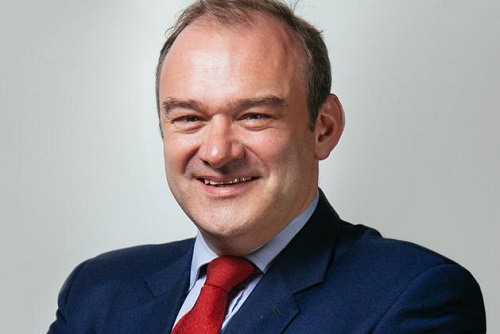
From Ukraine peace plans to Kazakh uranium—all that and more in our new nuclear digest
Our November Nuclear Digest by Bellona’s Environmental Transparency Center is out now. Here’s a quick taste of just three nuclear issues arising in U...
News

Publish date: August 8, 2014
News
The UK government declares that it aims to deliver a secure, affordable, low-carbon energy system. As part of this, its long-term vision for the electricity market is to transition to a point where low-carbon technologies can compete fairly on price. CCS is here to assume an important role, and the new scoping document asserts that the government is committed to supporting the commercialisation and cost reduction of CCS alongside the efforts of industry and governments internationally. Against this backdrop, the document summarises the policies and actions the government has taken and presents the main challenges to further commercial deployment of CCS in the UK.
According to the document, CCS can positively impact the energy system in the following ways: First, by contributing to the decarbonisation of the UK electricity system. The 2013 Electricity Market Reform Delivery Plan attaches great importance to CCS. Second, to continue to meet climate ambitions, the UK will then need to tackle the carbon emissions which originate from energy intensive industry. For some of these industries, CCS is likely to be a key technology through which to achieve this. Finally, in the long term, when combined with biomass and bioenergy, CCS creates the potential of “negative emissions” – the possibility of removing CO2 from the atmosphere by permanently storing the carbon temporarily locked in plants.
The UK government foresees CCS development and deployment in three broad phases, where each phase represents a further commercialisation of the technology. Phase 1 is heavily state supported, with the aim of realising the UK’s first commercial scale project(s), through which experience will be gained with respect to market-led commercial and legal frameworks. With the Peterhead and White Rose projects under development, this is the current phase. Phase 2 will be a transition phase, with reduced levels of government support, before full commercialisation is reached in Phase 3, where projects are able to compete in the market on the basis of cost with other low-carbon technologies.
The document invites views, input and evidence by 23 October 2014.

Our November Nuclear Digest by Bellona’s Environmental Transparency Center is out now. Here’s a quick taste of just three nuclear issues arising in U...

For three years now, Bellona has continued its work in exile from Vilnius, sustaining and expanding its analysis despite war, repression, and the collapse of international cooperation with Russia in the environmental and nuclear fields

The Board of the Bellona Foundation has appointed former Minister of Climate and the Environment Sveinung Rotevatn as Managing Director of Bellona No...

Økokrim, Norway’s authority for investigating and prosecuting economic and environmental crime, has imposed a record fine on Equinor following a comp...